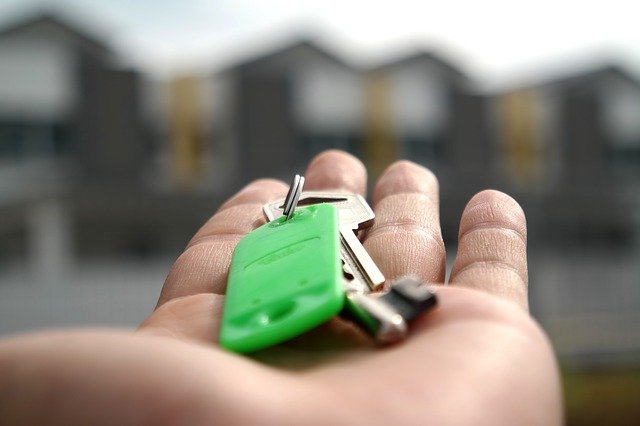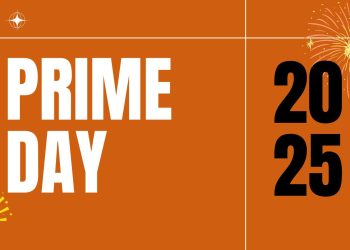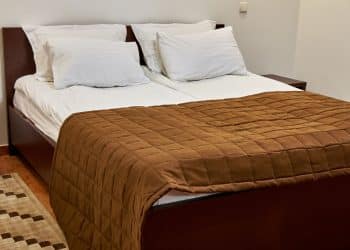With real estate prices on the rise, many people favor renting rather than buying homes. People find renting a place more convenient and manageable. Renting a place to live frees you from the hassle of saving up a fortune for down payments to buy a house or any property. It also gives you the benefit of living in a space and not enduring any responsibilities that come with owning a home, such as cumbersome maintenance and renovation. It is the best option to save costs and avoid any long-term commitment.
However, even with finding a place to rent, there are quite a few “things” to consider. To help you out with the process of finding and choosing an excellent place to rent out and live, here are eight essentials you should keep in mind.
1. What is Your Budget?
It is essential to plan and discuss your budget with a real estate agent before renting a property. Be sure to properly plan and allocate your money to figure out how much you are willing to spend on rent and how affordable it is for you. Creating a budget will help you narrow down your options based on location and size.
Furthermore, planning your budget doesn’t mean how much rent you would have to pay. It should consist of other costs like moving, buying new furniture, and making any additional interior changes. Consider all the miscellaneous expenses while creating your budget to get a better idea about your finances and how much renting a house will cost you.
2. The Area
Whether you are searching for an apartment to rent or a corporate housing unit, you must research where you want to live and what area fits your requirements. Do you want to live near your office? Do you want to move to a safer neighborhood? Is it a better school district? An area that ticks all your wants will benefit you the most as this can save time lost in commuting from point A to point B and cut down fuel expenses.
3. Look over the lease
It should go without saying, but never sign a contract without giving it a proper read. You must go over the lease agreement carefully before signing and if there is any ambiguity, discuss it with your potential landlord. If you feel intimidated by the contract and don’t want to sign anything in a hurry, you can ask a realtor or a lawyer to help you out.
The lease agreement will state all of the terms and conditions that come with renting a particular house. You must understand your duties as a tenant and what you should expect from the landlord. Some critical clauses you should look out for are:
- Amount of the rent
- Maintenance policy
- The procedure to terminate the tenancy
- Pet policy (if you have pets)
4. The condition of the property
If the place you’re renting was previously occupied, inspect the rental property properly. Taking the time to examine the house or apartment’s condition is vital as it will save you from unnecessary future troubles and expenses.
While inspecting, look at the floor, walls, or ceilings for any significant water damage, molds, or stains that require attention or fixing. Additionally, be sure to check the light fixtures, power outlets, cabinets, built-in appliances, faucets, etc.
If you uncover any damages, discuss them with the landlord to figure out who will be covering the costs and whether the repairs will be a part of the rental payment or not. Ideally, it would help if you didn’t have to pay for these. If the landlord hasn’t done a good job making the lace presentable before showing it to a potential tenant, consider it a red flag and look elsewhere.
5. Customization
Renting a home doesn’t always give you that warm, fuzzy feeling a personally-owned property does. For this reason, you may want to change a few things and update the property to make it look more appealing. For that, be sure to discuss what type of changes and modifications are allowed with the landlord.
Some landlords allow tenants to paint, add new light fixtures, or drill in the walls. However, that’s not always the case. So it is necessary to plan these things out beforehand and get proper clarification on customizing the place.
6. Utility Costs
While any apartment rentals worldwide covers most or all of the monthly utilities, most rental houses don’t provide such benefits. Tenants, in many cases, have to pay the utility bills in addition to the monthly house rent.
It is essential to discuss utility costs with the landlord before signing a lease and ensuring whether the rent will cover the utility bills or not. Utility bills depend on many factors like the property’s size, the utilities (hot water, furnace, etc.), utility usage, and, more importantly, the location. So, before agreeing to move in, be sure to add up these utility bills and estimate your budget.
7. Renters Insurance
When renting a home, you may have to face any unforeseen circumstances like a natural disaster, theft, or personal property damage. To save you from any additional costs resulting from unexpected situations, renters insurance is quite beneficial.
You can obtain renters’ insurance at an affordable price, which will help cover most damage to your personal belongings and personal liability expenses. Your landlord may not require you to get renters’ insurance in most cases; however, it is favorable to look into getting one.
8. Does the Landlord allow subletting?
Subletting is when you, as the original tenant, rent out the rental property to a second tenant. Life is quite unpredictable, and there may come a time when you would have to move out of the rental property temporarily or before your lease expires. In these cases, it is best to discuss whether subletting is permitted and the rules and regulations that you as a tenant have to follow.
Conclusion
The whole renting process might seem quite overwhelming to a lot of people. Ensuring you have the right area, the needed capital, the perfect property, and a substantial lease can be a long and draining journey. However, it is essential that you find a place to live that is of your liking.
Whether you are looking for a place to rent with your family, college roommates, or just yourself, consider these tips to smooth out the process and find a place you can call home.








